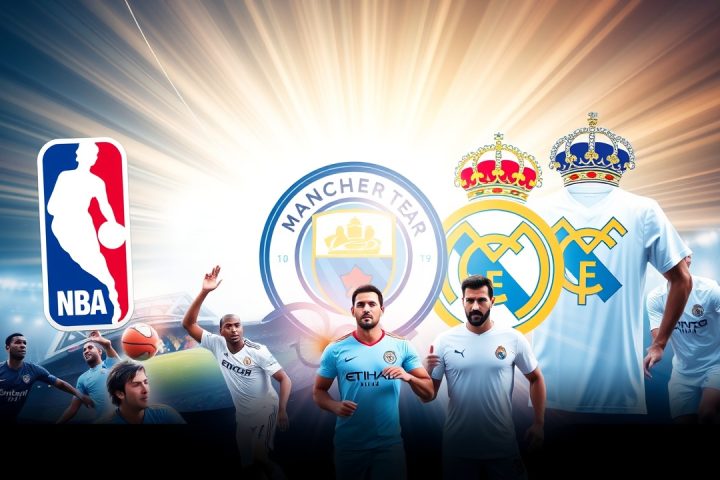Football Loyalty: A Complex Landscape
In football, true loyalty seems to be an elusive quality, often overshadowed by the intricate business dynamics that dominate the sport. The case of Alexander Isak serves as a recent illustration of how players can quickly become targets of fan disdain when they express a desire for a transfer. Isak, currently entangled in a bid to leave Newcastle United in favor of a move to Liverpool, has faced harsh criticism from supporters, some branding him as ‘Judas’ while others resort to more dramatic expressions of discontent, like burning his jersey.
The One-Sided Nature of Loyalty
The concept of loyalty in football is decidedly one-sided. Fans often brandish their unwavering devotion through tattoos and chants, yet when players seek to change clubs, they are derided for disloyalty. This perspective can be enriched by considering the experiences of other players. For example, both Harry Kane and Robin van Persie faced backlash from their respective fanbases at Tottenham Hotspur and Arsenal when they aimed for moves that promised better opportunities. Kane was booed by Spurs fans during his own tumultuous exit attempt to Manchester City in 2021, while van Persie’s departure to Manchester United, aimed at winning trophies, left Arsenal supporters feeling betrayed.
Isak’s Situation
This environment makes Isak’s situation quite telling. Despite his three-year contract with Newcastle, which he signed after a record £63 million transfer from Real Sociedad in 2022, his ambitions appear to extend beyond what his current club can provide. His contributions have indeed been significant, helping Newcastle secure two UEFA Champions League qualifications and a long-awaited domestic trophy—the Carabao Cup—yet his unhappiness stems from the perception that the club hasn’t sufficiently compensated him with a new deal or invested adequately in strengthening the squad.
Other Players in Similar Dilemmas
Turning the discussion towards other players facing similar dilemmas, one must consider Rasmus Højlund of Manchester United. Despite facing challenges on the pitch, the young forward has expressed a desire to remain with the club, driven by his passion as a long-time fan. However, United finds itself in a position where balancing finances takes precedence, indicating a potential willingness to part ways with him regardless of his commitment.
Likewise, Crystal Palace’s Marc Guéhi and Chelsea’s Raheem Sterling exemplify the conflict between player loyalty and club management decisions. Guéhi, who recently captained his side to an FA Cup victory, has ambitions to honor his contract, but the club is evidently more concerned with financial strategy than sentimental value. In the case of Sterling, who just three years after joining Chelsea now faces an uncertain future, the situation highlights how easily player commitment can be overlooked by clubs focused primarily on their bottom line.
The Dichotomy of Loyalty in Football
Ultimately, Isak and his contemporaries reveal a troubling dichotomy within the football landscape, where loyalty is a complex and often transactional affair. Supporters may feel justified in their emotional responses, but the reality is that for players and clubs, football operates as a hard-nosed business. Isak may find himself at the center of criticism this summer for his push for a move, yet it’s essential to recognize that he’s not the sole figure in this dilemma; numerous others are navigating the precarious balance between passion and profit in the football world.




